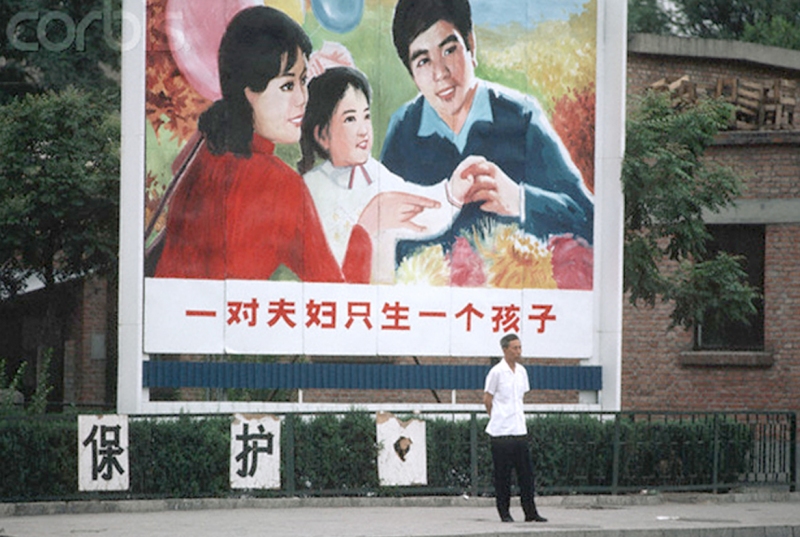Urban Chinese families and households are undergoing a transition. Economic reforms since the early 1980s have changed the urban economy and culture, and tumultuous population changes in recent decades have greatly reduced China's fertility rates. These changes have had such a profound impact on urban Chinese families and marriage that China amended its 1980 marriage law in 2001.
There have been significant changes in marriage rates and age at first marriage. The number of marriages has gradually declined in recent years, while the number of divorces is skyrocketing. between 1990 and 2000, the number of marriages decreased by more than 10%, while the number of divorces increased by 50%.
Today, both men and women marry at a later age. China has the world's highest minimum legal age for marriage: 20 for men ; 22 for women. Evidence suggests that the rising age at first marriage in recent decades has contributed to a reduction in fertility.
Divorce has become increasingly common in urban China since the early 1980s. Numerous reasons have been cited for the soaring divorce rate. Among them are extramarital affairs, bigamy, domestic violence, financial stress, and health issues such as AIDS. People tend to stress quality of marriage, rather than just being mar
The one-child-per-couple population-control policy has been effective in limiting urban couples to only one child, and many young people are choosing to have children later in their life. In addition, some urban youth choose not to have children at all.
If the current trend in divorce continues, single parenthood and single-parent households are bound to rise. At this time, most people still have other family members who could help take care of the children, so single parenthood has yet to become a major social problem in China. Out-of-wedlock births may also become an issue in the future.
In 2001, China revised and implemented its new marriage law. One of the goals of the new law is to curb adultery and domestic violence. The law also guarantees family and marital rights and seeks to preserve stable families. However, the rising divorce rate is only one of the forces that transform urban families and households in China today. Demographic and social factors such as the imbalanced sex ratio and discrimination against women must also be addressed in order to guarantee a stable family life for all.
There have been significant changes in marriage rates and age at first marriage. The number of marriages has gradually declined in recent years, while the number of divorces is skyrocketing. between 1990 and 2000, the number of marriages decreased by more than 10%, while the number of divorces increased by 50%.
Today, both men and women marry at a later age. China has the world's highest minimum legal age for marriage: 20 for men ; 22 for women. Evidence suggests that the rising age at first marriage in recent decades has contributed to a reduction in fertility.
Divorce has become increasingly common in urban China since the early 1980s. Numerous reasons have been cited for the soaring divorce rate. Among them are extramarital affairs, bigamy, domestic violence, financial stress, and health issues such as AIDS. People tend to stress quality of marriage, rather than just being mar
The one-child-per-couple population-control policy has been effective in limiting urban couples to only one child, and many young people are choosing to have children later in their life. In addition, some urban youth choose not to have children at all.
If the current trend in divorce continues, single parenthood and single-parent households are bound to rise. At this time, most people still have other family members who could help take care of the children, so single parenthood has yet to become a major social problem in China. Out-of-wedlock births may also become an issue in the future.
In 2001, China revised and implemented its new marriage law. One of the goals of the new law is to curb adultery and domestic violence. The law also guarantees family and marital rights and seeks to preserve stable families. However, the rising divorce rate is only one of the forces that transform urban families and households in China today. Demographic and social factors such as the imbalanced sex ratio and discrimination against women must also be addressed in order to guarantee a stable family life for all.
Luo, Jing. "Urban Families in China: Modern World." Daily Life through History.
Public announcement by the government emphasizing the One Child Policy

No comments:
Post a Comment